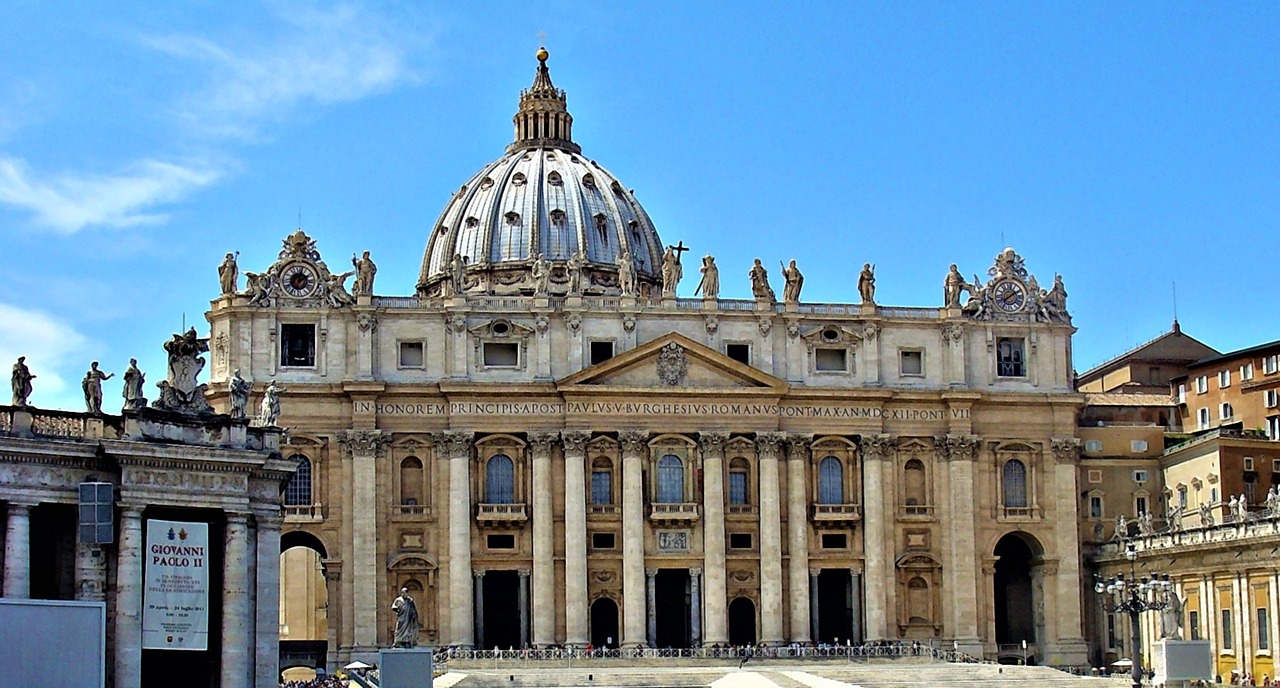A German theologian and member of the Vatican’s International Theological Commission strongly criticized in a recent interview the German intercommunion handout as it was approved already on 20 February by a majority of the German bishops. He calls this handout “unlawful,” “unwise,” and “defective.”
On 25 May, domradio.de, the radio station of the Diocese of Cologne, published an interview with Professor Karl-Heinz Menke who is a Catholic priest and a retired professor of dogmatic theology at the University of Bonn, Germany. Menke is also, since 2014, a member of the Vatican’s International Theological Commission. In this new interview, he shows little understanding or approval for the recent decision of the German bishops to admit Protestant spouses of Catholics, under certain conditions, to Holy Communion. The bishops “should have spared the German Church this polarizing strife,” he says. To wish to regulate more than what has been already regulated and permitted for certain “emergency situations,” is, in Menke’s eyes, “unwise.”
Moreover, Menke also reveals that he has read this German intercommunion handout – which has still not been published, due to the resistance of seven German bishops in this matter – and he adds: “If I had to grade this paper theologically, I would assess it as insufficient [“mangelhaft” – grade 5 in Germany, a failing grade, which would be equivalent in the U.S. to a Grade of “F”].” In the eyes of this Vatican theologian, “there is missing a fundamental reflection concerning the difference between the sacramental understanding of the Church among Catholics and the non-sacramental understanding of church among Protestants.” “There is missing a clear description of the difference between the [Protestant] last supper […] and the [Catholic] Eucharist,” he adds.
Menke explains that the Protestants see in the last supper an “illustration of the event of justification ‘by grace alone,’” while the Catholic understanding of the Eucharist is bound to a “confessional community with the local bishop and the pope.” Additionally, the German theologian sees “a lack of a reflection” on the problem that Catholics spouses of such a mixed marriage are also still themselves prohibited from receiving the last supper of the Protestants – “not to mention the consequences for the children of such mixed marriages and their bond with the Church.”
As others have done before him in this debate, Menke stresses that “he who received the Sacrament of the Holy Eucharist identifies publicly with that community in which he goes to Communion.” This applies also to Protestant spouses, he says, adding that “it is not necessary to explain more than that.”
Professor Menke fears that these new German intercommunion rules are confusing to the simple faithful
who are not sufficiently formed in theology in order to differentiate between the invitation of a Protestant spouse of such a mixed marriage to the Sacrament of the Eucharist and the invitation of the Catholic spouse of a mixed marriage to the Protestant last supper.”
Moreover, Menke even calls this German handout effectively “unlawful” and predicts that, “if the unlawful majority vote of the German bishops’ conference implements itself in actual practice,” in a few years people would not make the distinction between “the invitation of a Protestant spouse to Communion and the general invitation of people of other confessions” to Communion.
Finally, Menke expresses his own disapproval of the German bishops for their acceptance of that particular intercommunion handout:
It has deeply irritated me that, except for the archbishop of Cologne [Rainer Woelki] and some Bavarian bishops, the majority of the German episcopacy rubber-stamped a paper of such defective theological quality; and that it wanted to decide, with the help of a majority, about a question which belongs to the level of the Universal Church and which cannot, even there, be decided upon with the help of a majority vote.
Professor Menke is one of thirty members of the Vatican’s International Theological Commission. According to the Vatican website, the mission of this group “is that of helping the Holy See and primarily the Congregation for the Doctrine of the Faith in examining doctrinal questions of major importance.” The members of this Commission are “theologians from diverse schools and nations, noted for their knowledge and faithfulness to the Magisterium of the Church.” Another member of this Vatican Commission is Father Thomas Weinandy, who has lately expressed some very articulate and faithful objections to the way Pope Francis rules the Catholic Church.
We may also note that, in 2017, Karl-Heinz Menke received the Joseph-Ratzinger-Prize which is called the “Nobel Prize for Theology.” He has been lauded as “an excellent specialist” of the thought of Joseph Ratzinger.


